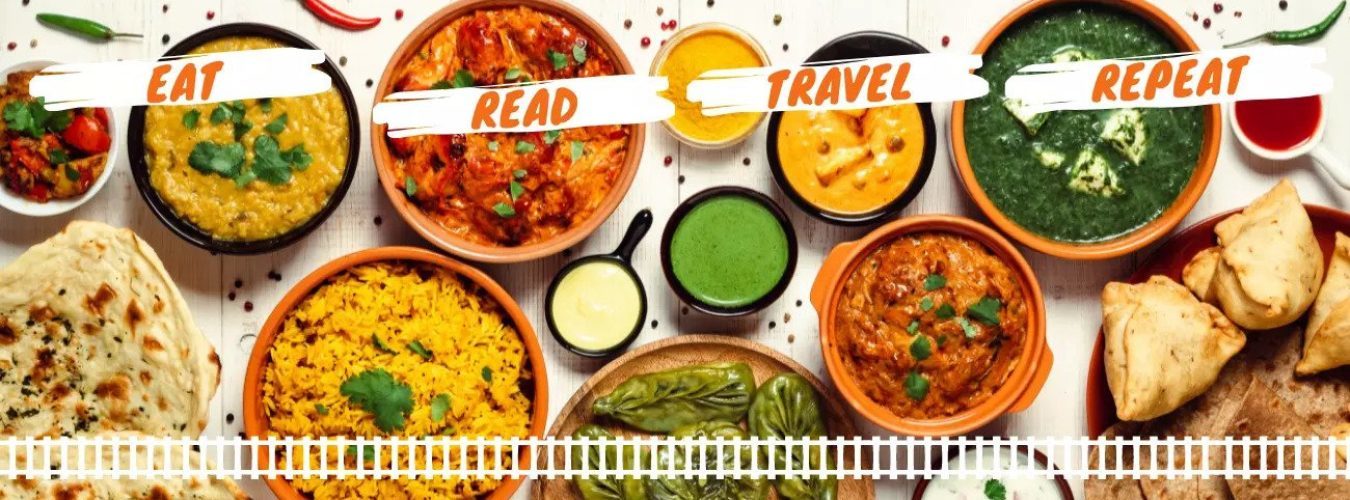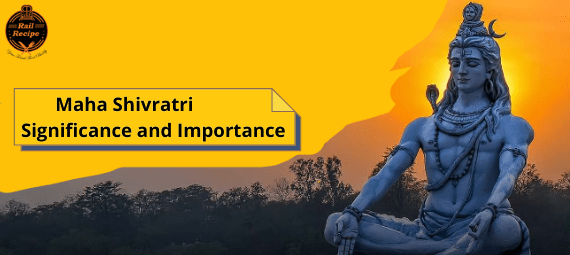Maha Shivratri, “The Great Night of Lord Shiva” is the most significant festival in India’s spiritual calendar. Lord Shiva is also known as Neelkanth, Rudra, Bholenath, Bhole Baba, Shiv Shankar, Mahakal, and many other countless names and has a shrine in every nook and corner of the world. Maha Shivratri is one such great event that is celebrated by the Hindus in great admiration of Lord Shiva. It is a day to commemorate the marriage of Lord Shiva and Lord Parvati. Apart from being a major festival for Lord Shiva devotees, Maha Shivratri is also one of the prominent Hindu festivals.
 Order Food on Train with RailRecipe
Order Food on Train with RailRecipe
As per the Indian calendar, Mahashivratri is celebrated every year on the 13th night or 14th day of the Phalguna month which mostly falls in February or sometimes in March. This year Maha Shivratri will be celebrated on March 8, 2024 with great dedication across India.
Why Maha Shivratri is Celebrated?
The 14th day of every Phalguna month is known as Maha Shivratri. Among all the twelve Shivratri, Mahashivratri occurs once in a calendar year. Mahashivratri, the one Indian festival that occurs in February-March month is of the most divine significance. On this festival night, the northern region of the planet is situated in such a way that there is a natural rise of energy in a soul. This is a day when nature is pushing one towards one’s divine peak. To allow this natural upsurge of energies to find their way, one of the crucial of this nightlong carnival is to ensure that you remain awake with your spine vertical throughout the night.
Spiritual Significance of Mahashivratri
Here are some of the spiritual significances of Mahashivratri:
Celebrating the Divine Union: According to Hindu mythology, Mahashivratri marks the day when Lord Shiva married Goddess Parvati, the divine feminine energy. The marriage of Shiva and Parvati symbolizes the union of the masculine and feminine energies, the union of the individual soul with the universal soul. Thus, Mahashivratri celebrates the divine union and represents the ultimate union of the soul with the Supreme.
Overcoming darkness: Mahashivratri is celebrated on the 14th day of the dark fortnight in the Hindu month of Phalguna, which represents the darkest night of the year. The festival signifies the victory of light over darkness, good over evil, and knowledge over ignorance. It is believed that on this night, Lord Shiva overcame the darkness and ignorance in the world by consuming the poison that came out of the churning of the ocean, thus making the world a better place.
Renunciation and Meditation: Lord Shiva is considered the ultimate yogi and an epitome of renunciation. On Mahashivratri, devotees fast and meditate, trying to emulate Lord Shiva’s discipline and detachment from material desires. It is believed that by meditating on this night, one can attain spiritual bliss and connect with the divine.
Awakening of Consciousness: Lord Shiva is also known as the god of destruction as he destroys the old to create new. Mahashivratri signifies the destruction of old habits, thoughts, and patterns that hinder spiritual growth. By fasting, meditating, and chanting on this night, devotees aim to awaken their consciousness and achieve spiritual growth.
Also, read: Special Diwali Foods You Can Order on Train
Lord Shiva Magnificent Temples in India
In order to celebrate Mahashivratri at various Lord Shiva temples in India, we have compiled a comprehensive list of temples devoted to this deity. Scroll through and visit as many temples as you can, since the festival also falls on a long weekend this year.
- Amarnath Temple, Kashmir
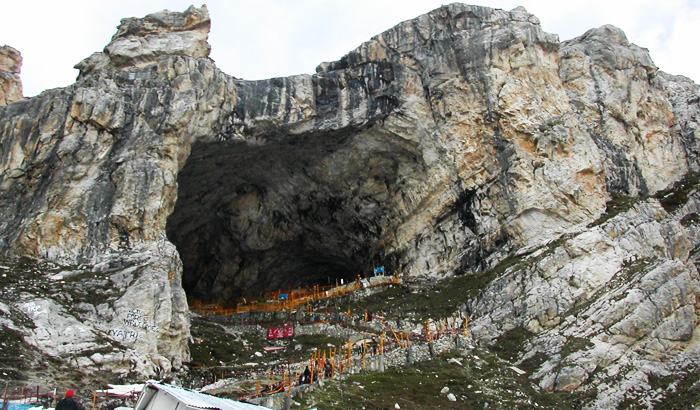
- Kedarnath, Uttarakhand
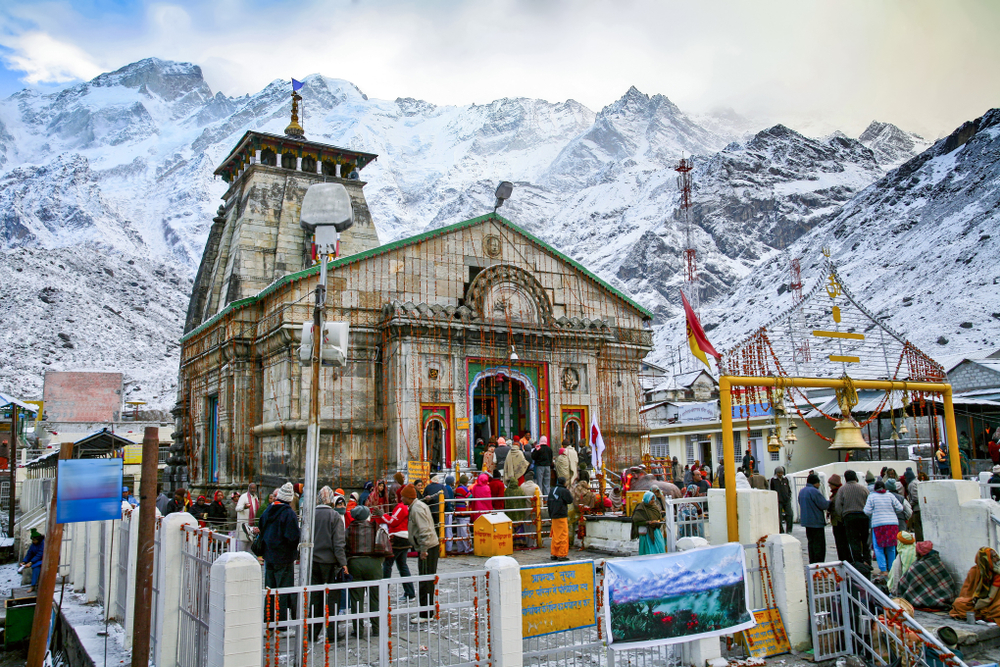
- Kashi Vishwanath, Varanasi
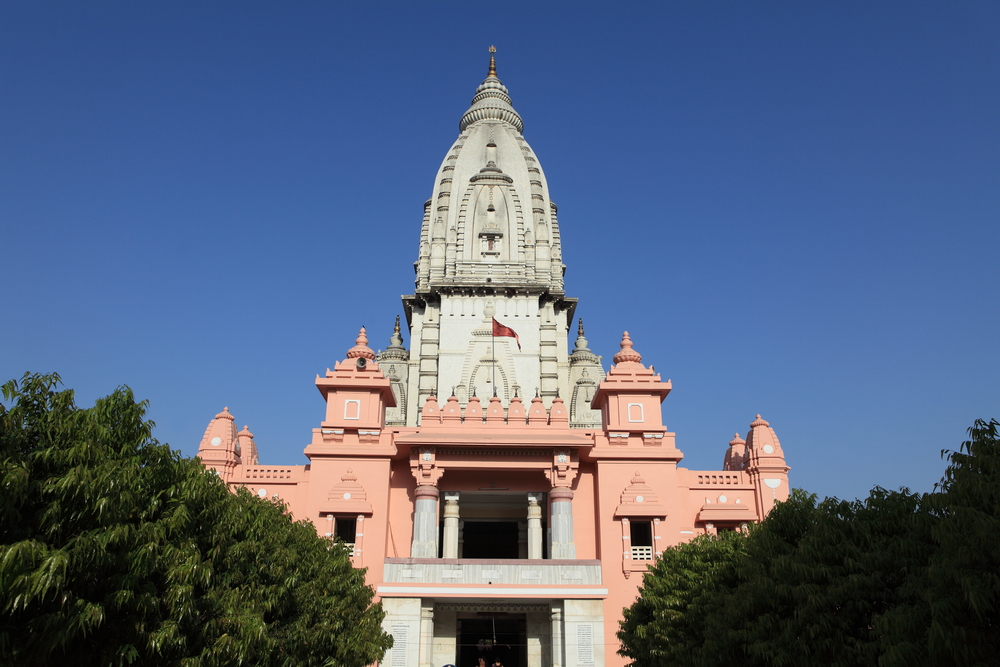
- Somnath Temple, Gujarat
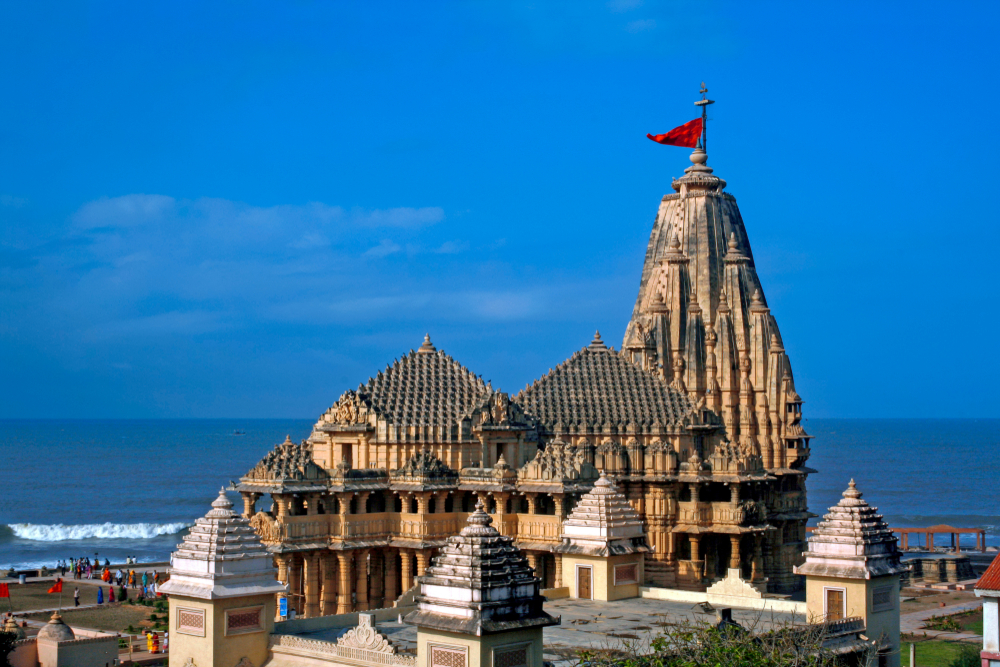
- Sri Kalahasthi, Andhra Pradesh
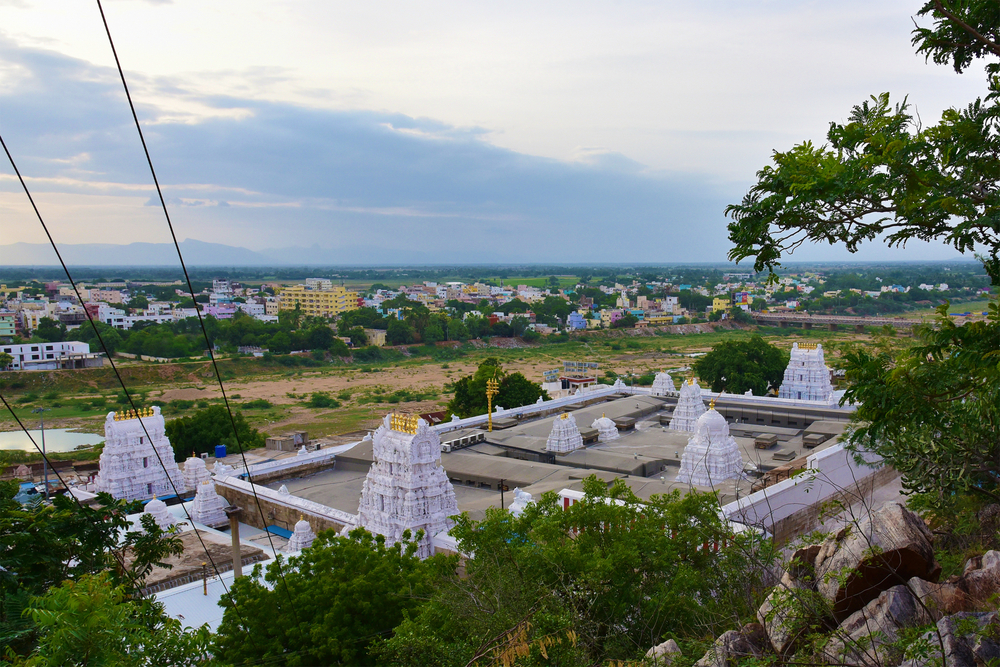
- Vadakkunathan Temple, Kerala
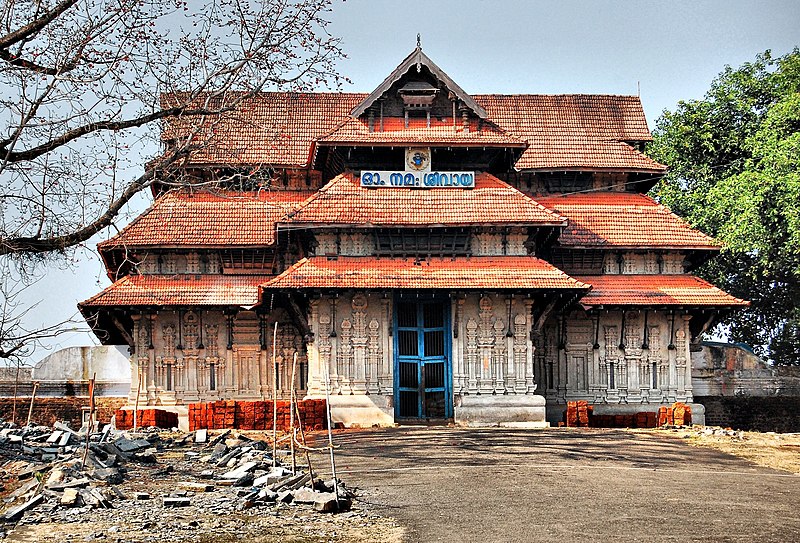
- Murudeshwara Temple, Karnataka
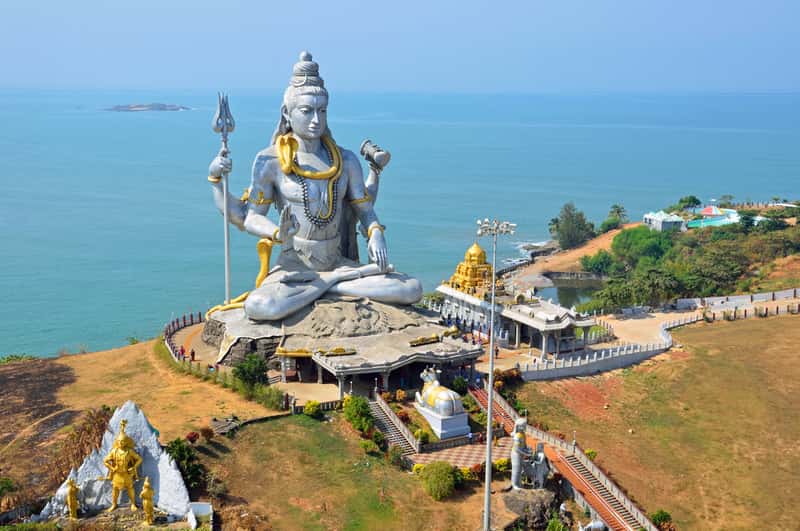
- Tarakeshwar Temple, West Bengal
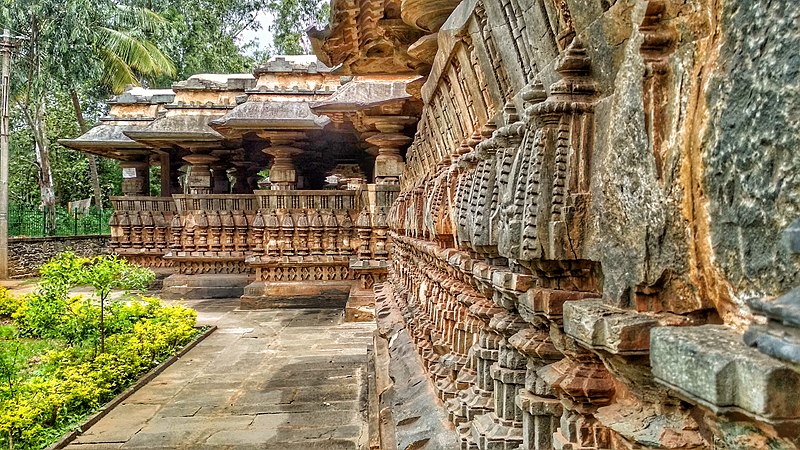
- Chidambaram, Tamil Nadu
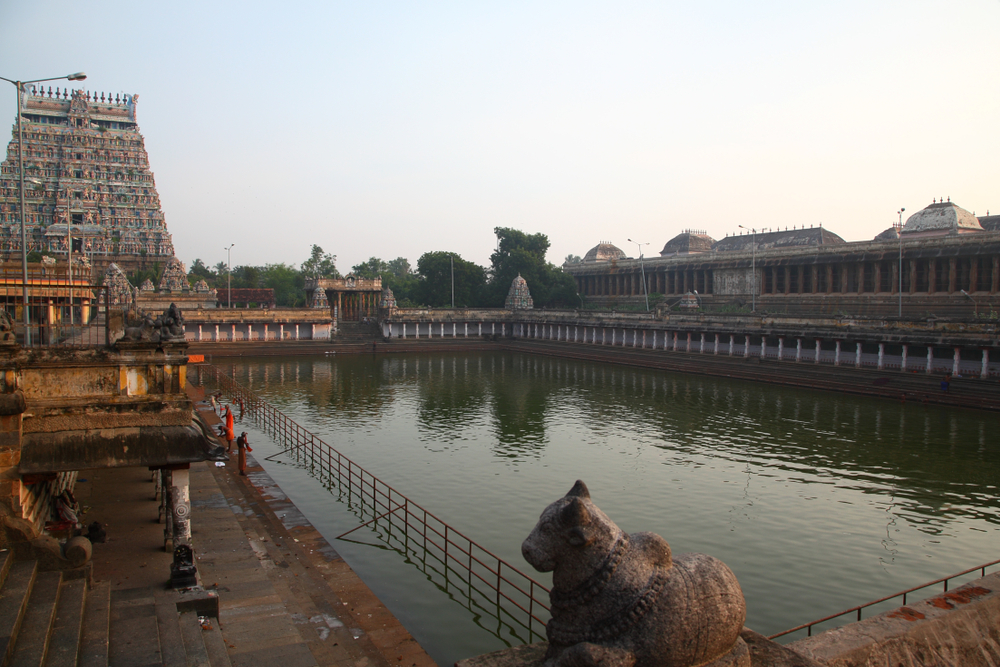
- Kotilingeshwara Temple, Karnataka
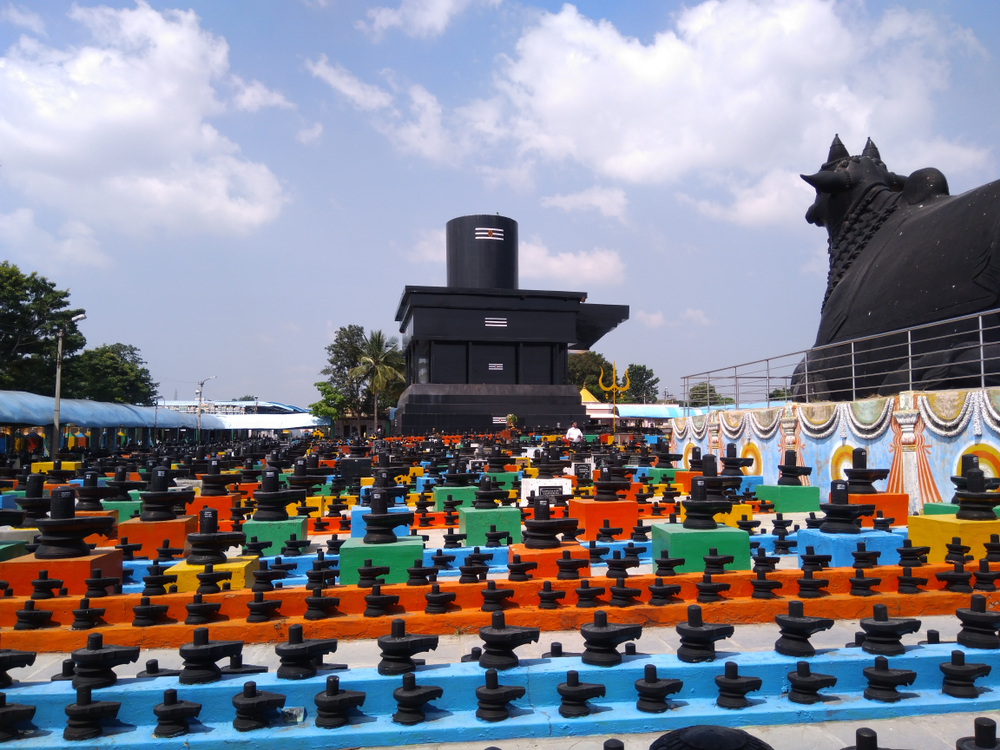
- Lingraj Temple, Odisha
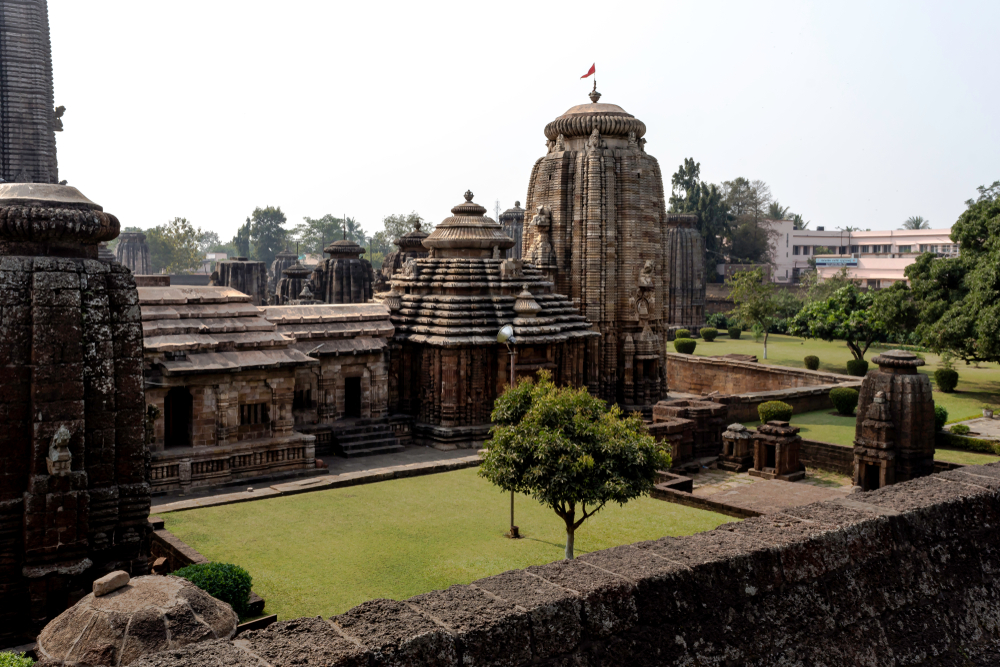
- Deoghar Temple, Jharkhand
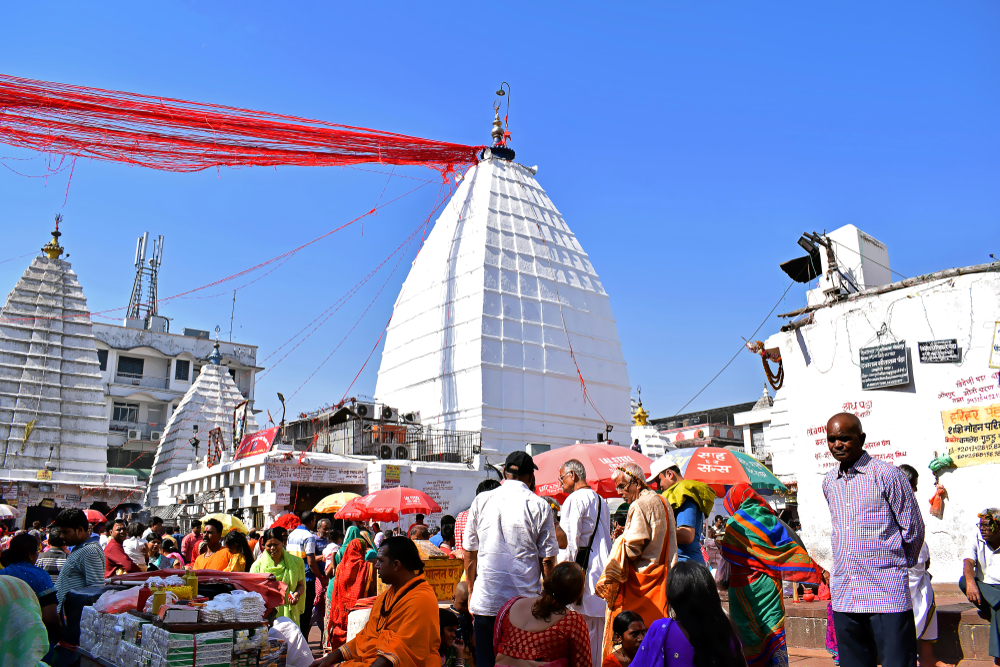
- Trimbakeshwar, Maharashtra
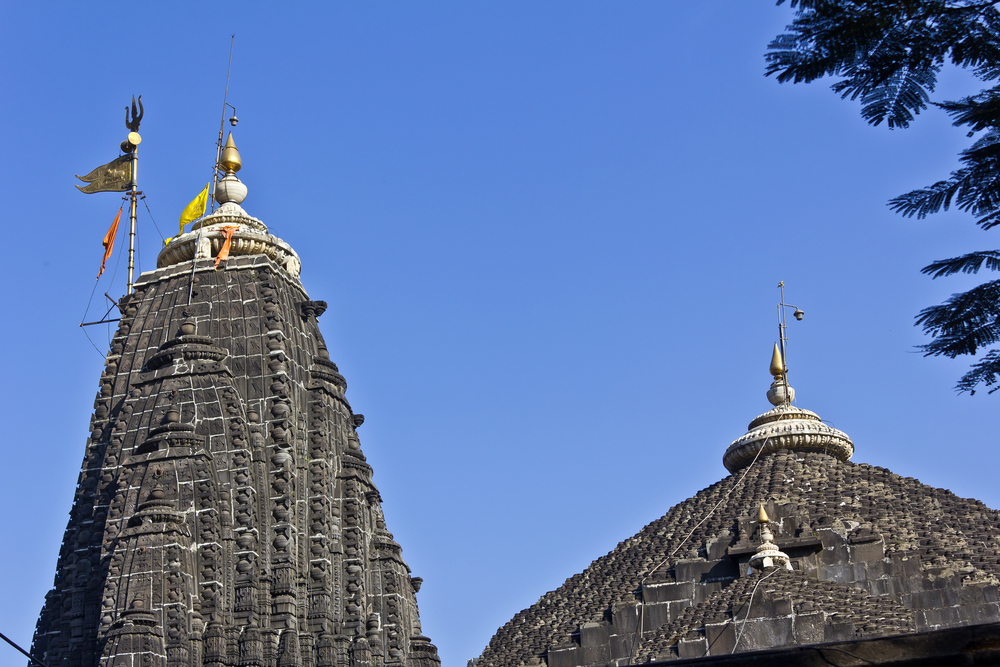
- Mahakaleshwar, Ujjain
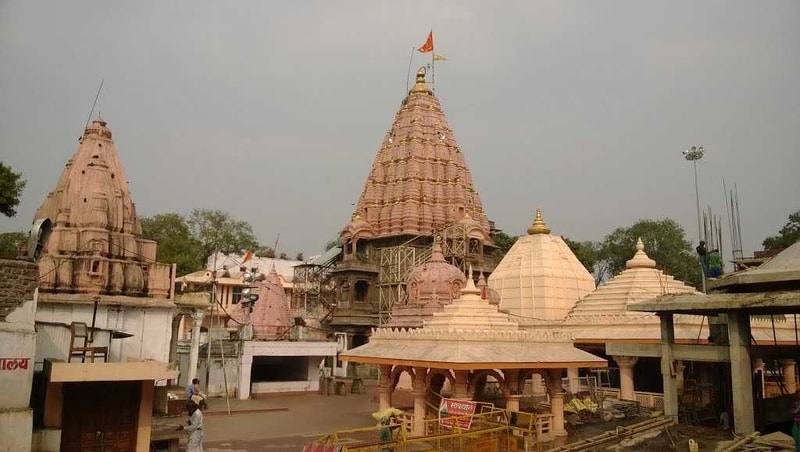
- Haridwar, Uttarakhand
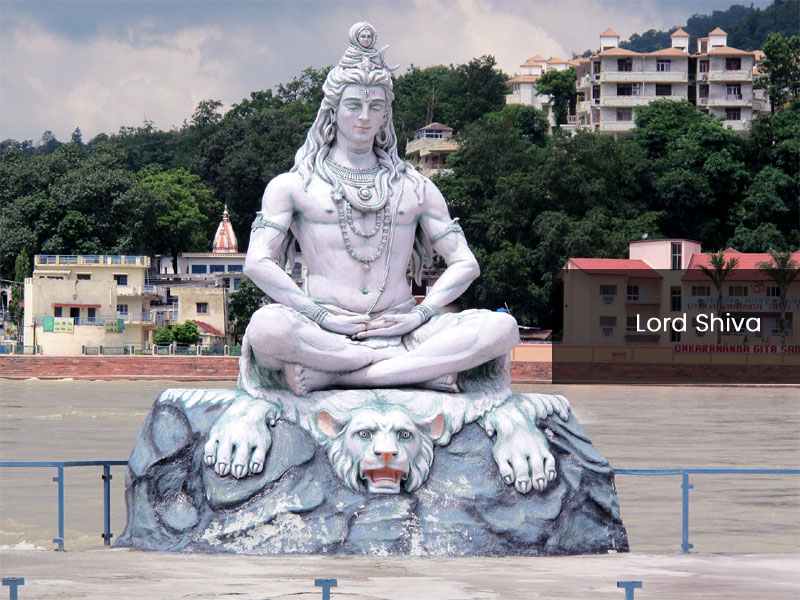
Conclusion
Mahashivratri is a significant Hindu festival with multiple spiritual significances. It celebrates the divine union, victory of light over darkness, renunciation, and spiritual awakening. By observing this festival with devotion and discipline, one can attain spiritual bliss and connect with the divine.
 Order IRCTC Food & Get Free Delivery
Order IRCTC Food & Get Free Delivery
RailRecipe wishes you all a very Happy Maha Shivratri. Celebrate this Maha Shivratri in a special way by traveling to temples in Amarnath, Kedarnath, Varanasi, Gujarat, Kerala, Karnataka, Bangalore, Jharkhand, Ujjain, and Haridwar. Order food in train through RailRecipe while traveling. Download RailRecipe App or visit our website to order food on trains.
